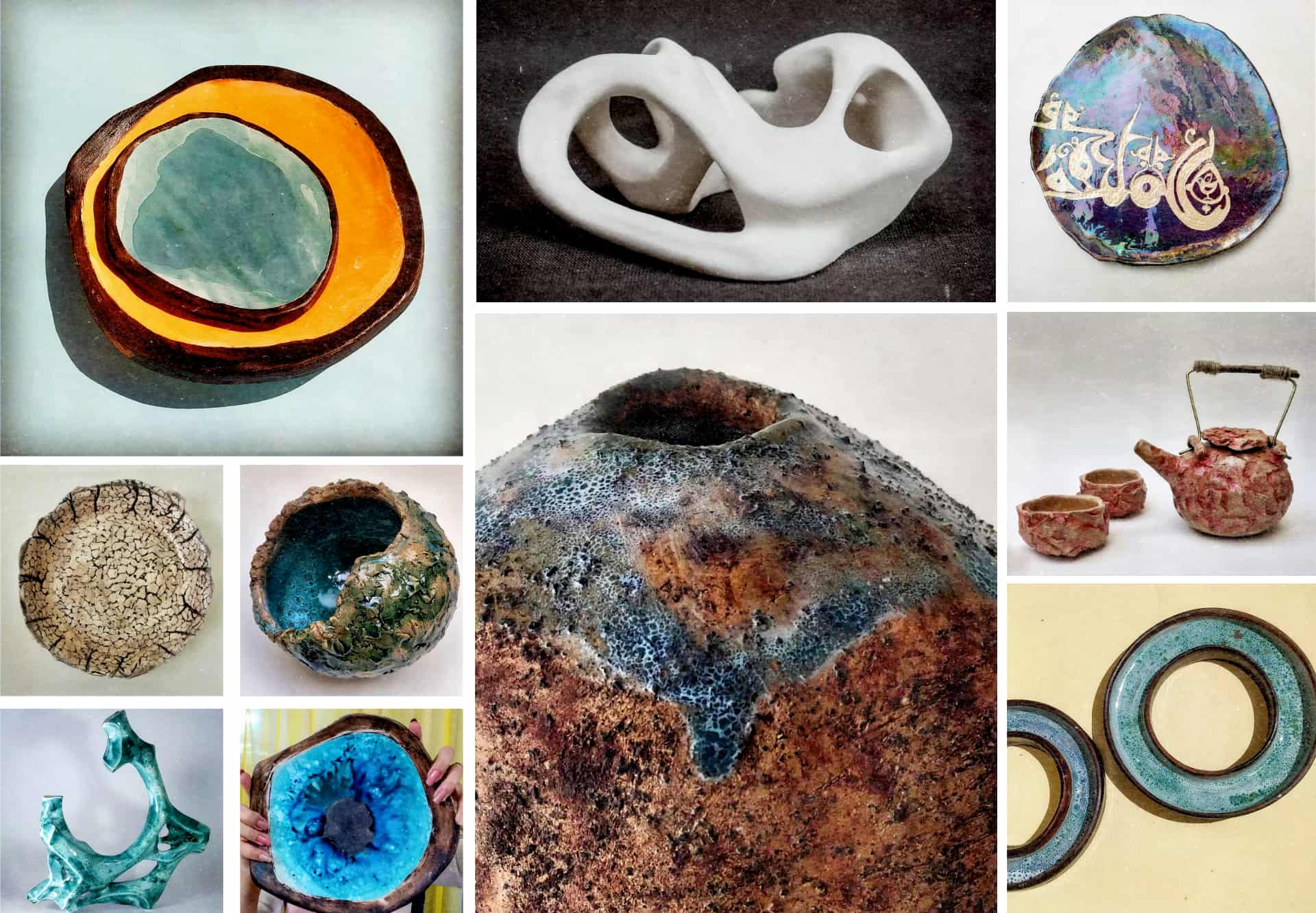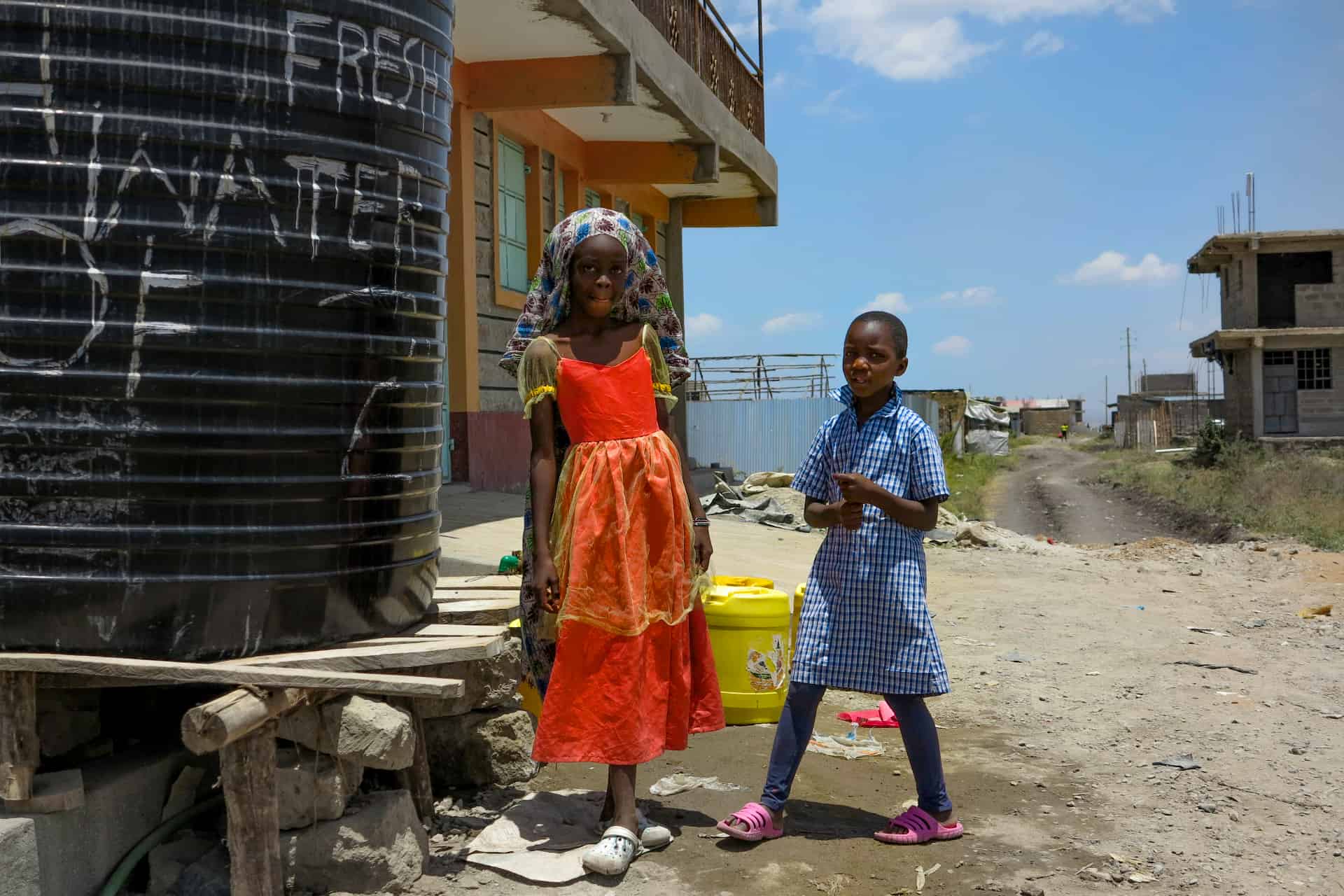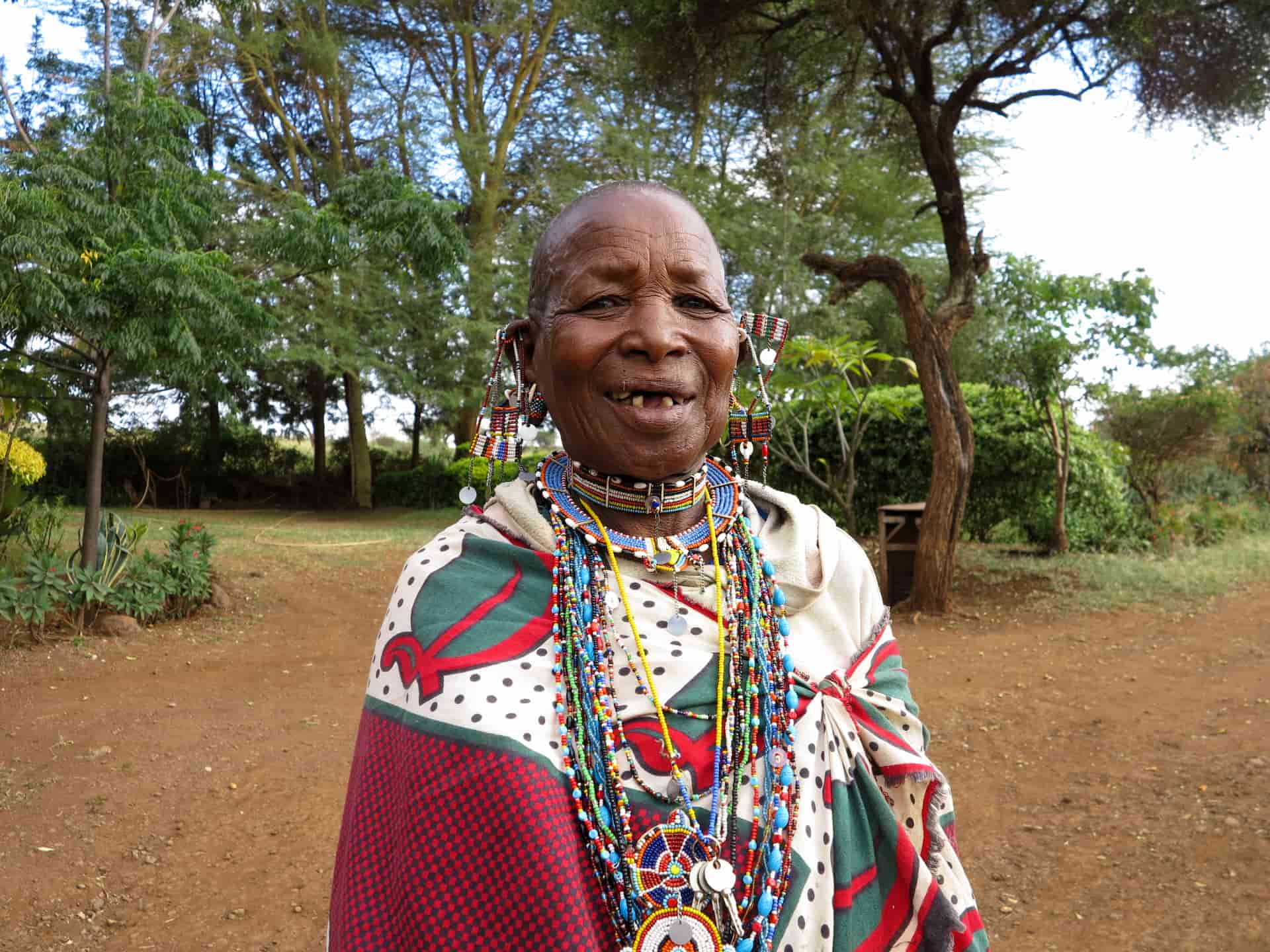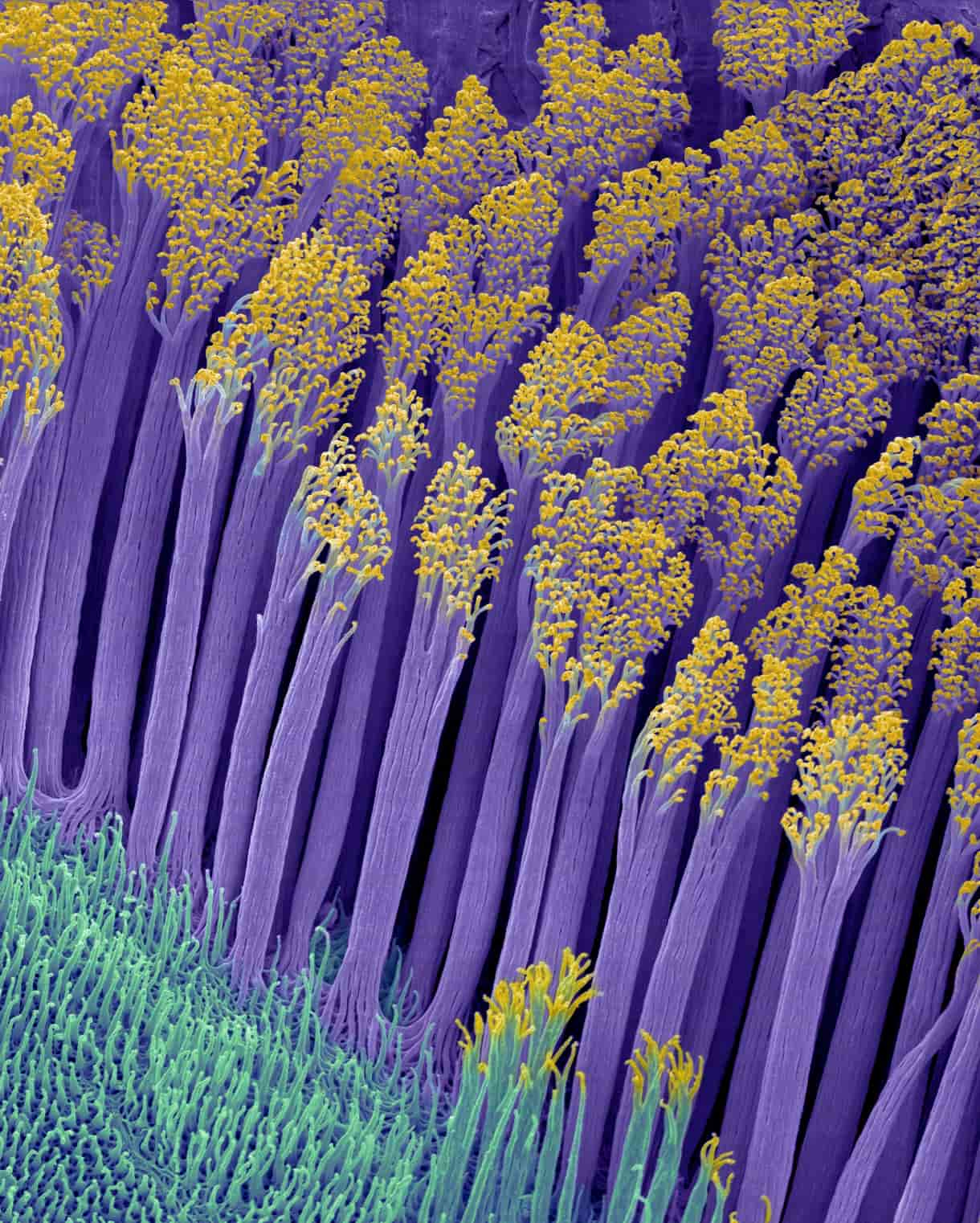Joe Wain’s collection of photos portray the devastating effects of Jiggers Disease in Kenya.
- Warning: Some of the photos in this gallery may be disturbing to some viewers.
Welcome to our photo gallery on Jiggers Disease in Marsabit, Kenya. Marsabit is a town located in a deprived part of Kenya, facing issues such as starvation, lack of water and disease.
Amongst these issues is the devastating problem of Jiggers Disease, caused by tiny fleas known as jiggers that burrow into feet and lay eggs, multiplying until the feet and legs become swollen.
These fleas can eat the nutrients intended for the person, leading to amputation or even death in severe cases. It is estimated that 1.4 million people in Kenya, or 4% of the total population, suffer from jigger infestations.
Treatment for jiggers involves cutting them out of the skin and disinfecting the affected area; a painful process that can also lead to secondary infections like gangrene and tetanus. There is a social stigma associated with jigger infestations, causing many victims to hide their condition, thus exacerbating the problem.
To prevent future infestations, it is important to practise cleanliness, wear shoes in affected areas and fumigate homes and schools. Charities in infected regions often work to educate the local population about these prevention measures.
Through these photos, we hope to shed light on the devastating impact of Jiggers Disease in Marsabit and raise awareness about the importance of prevention and treatment efforts.










